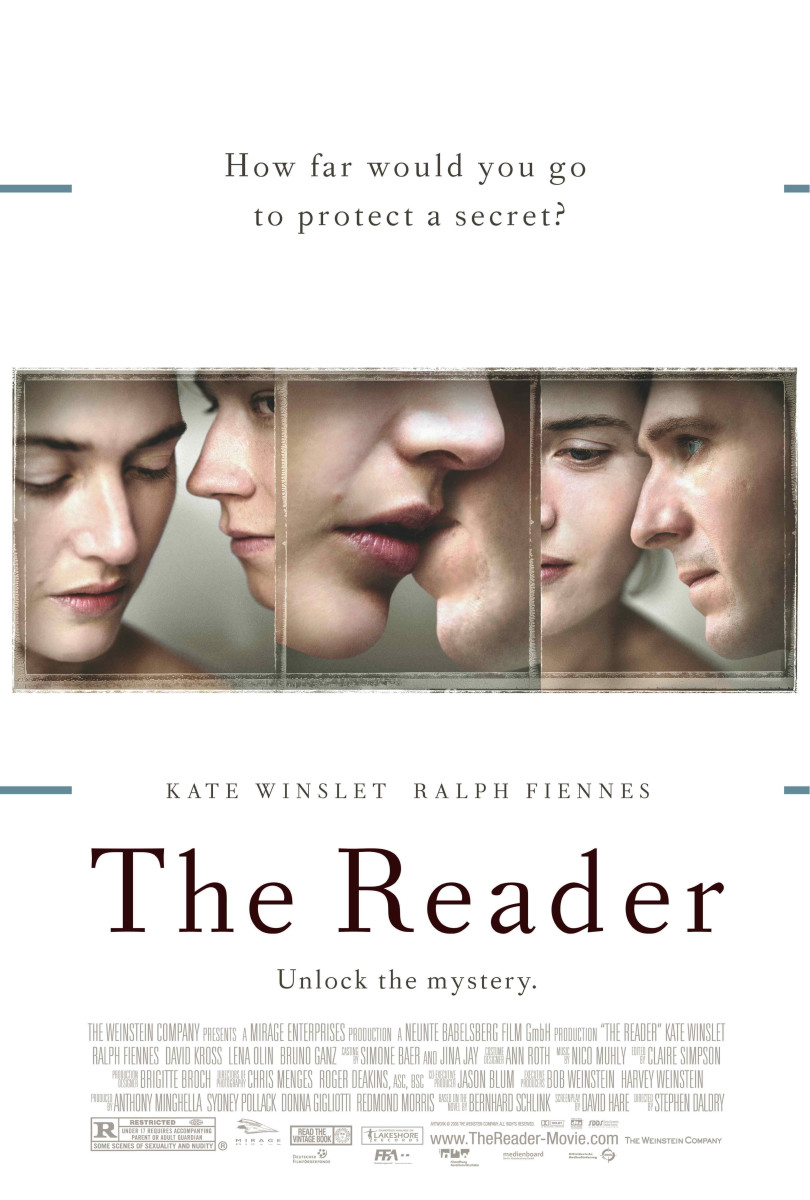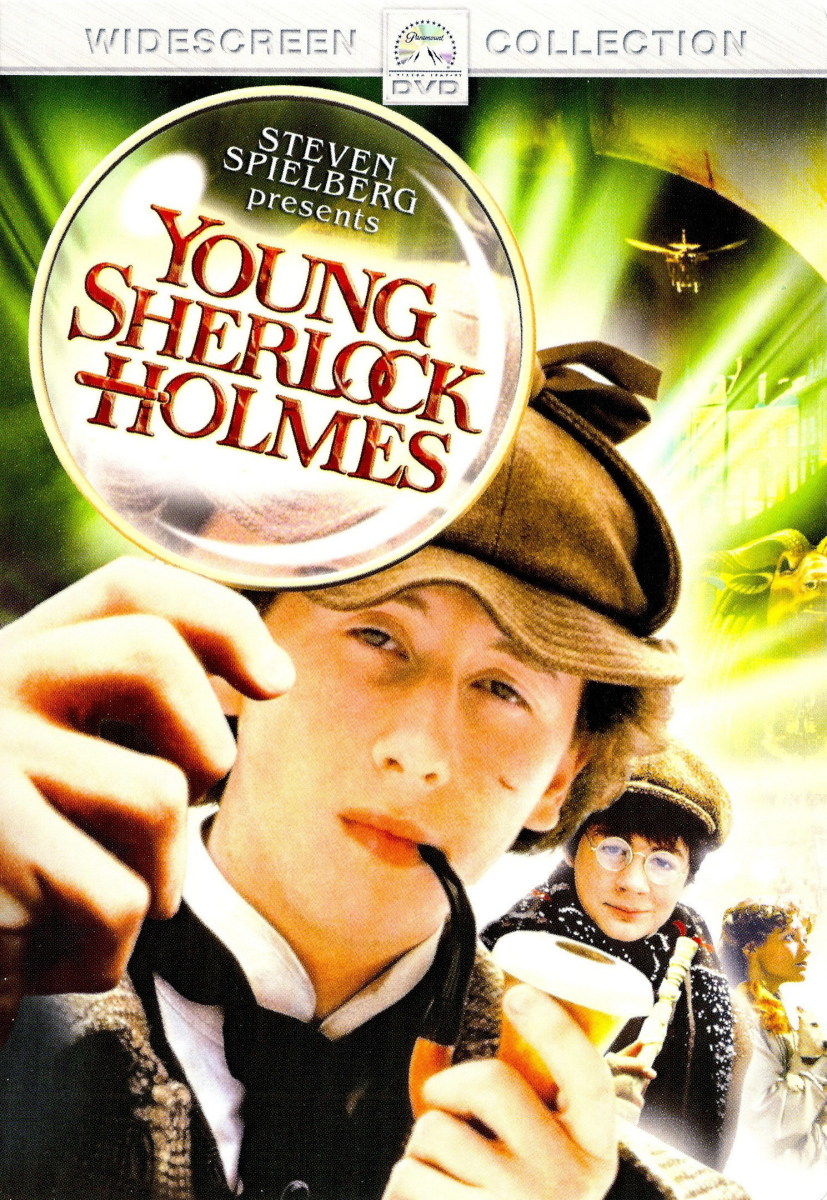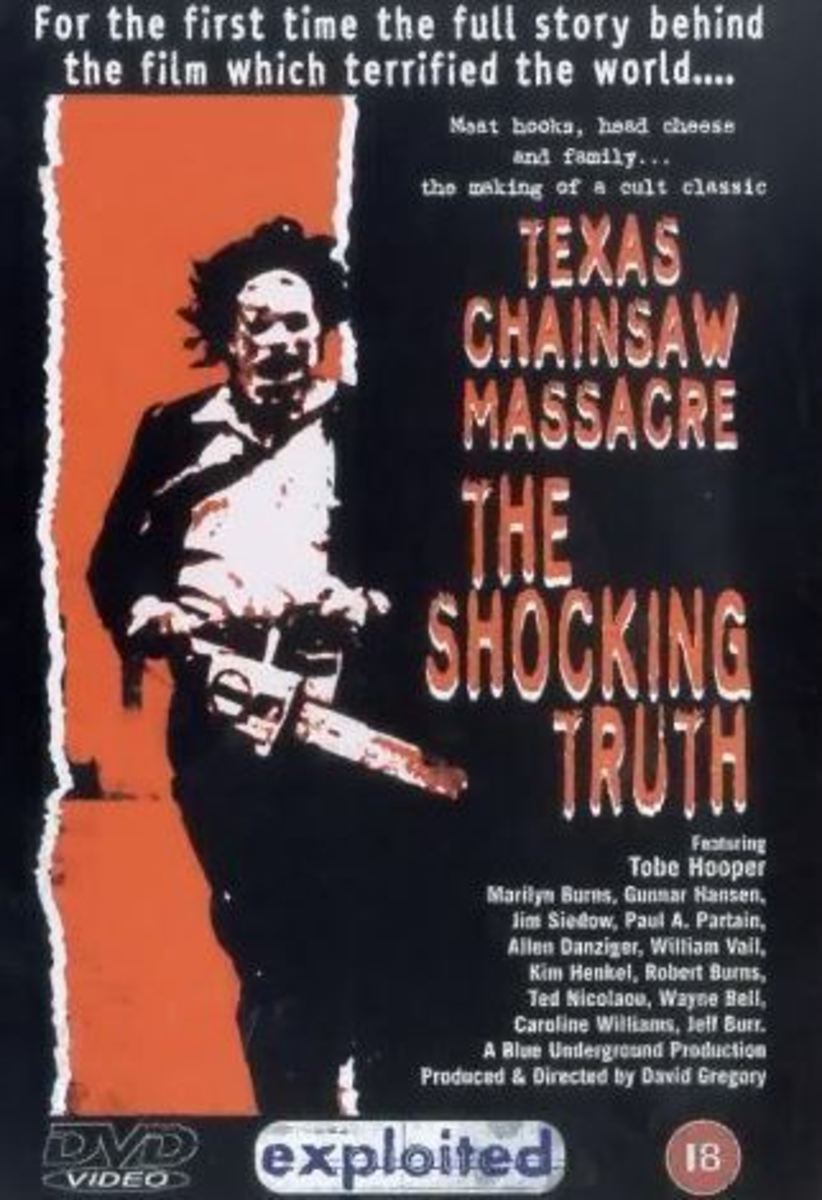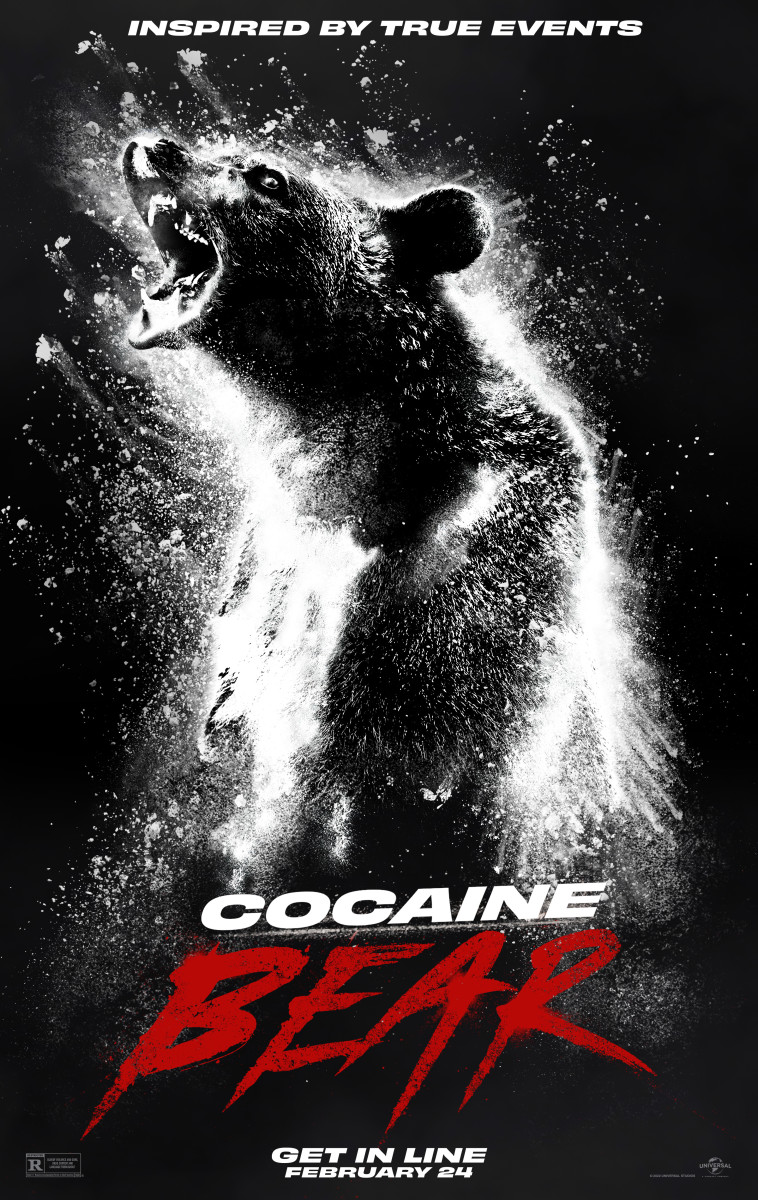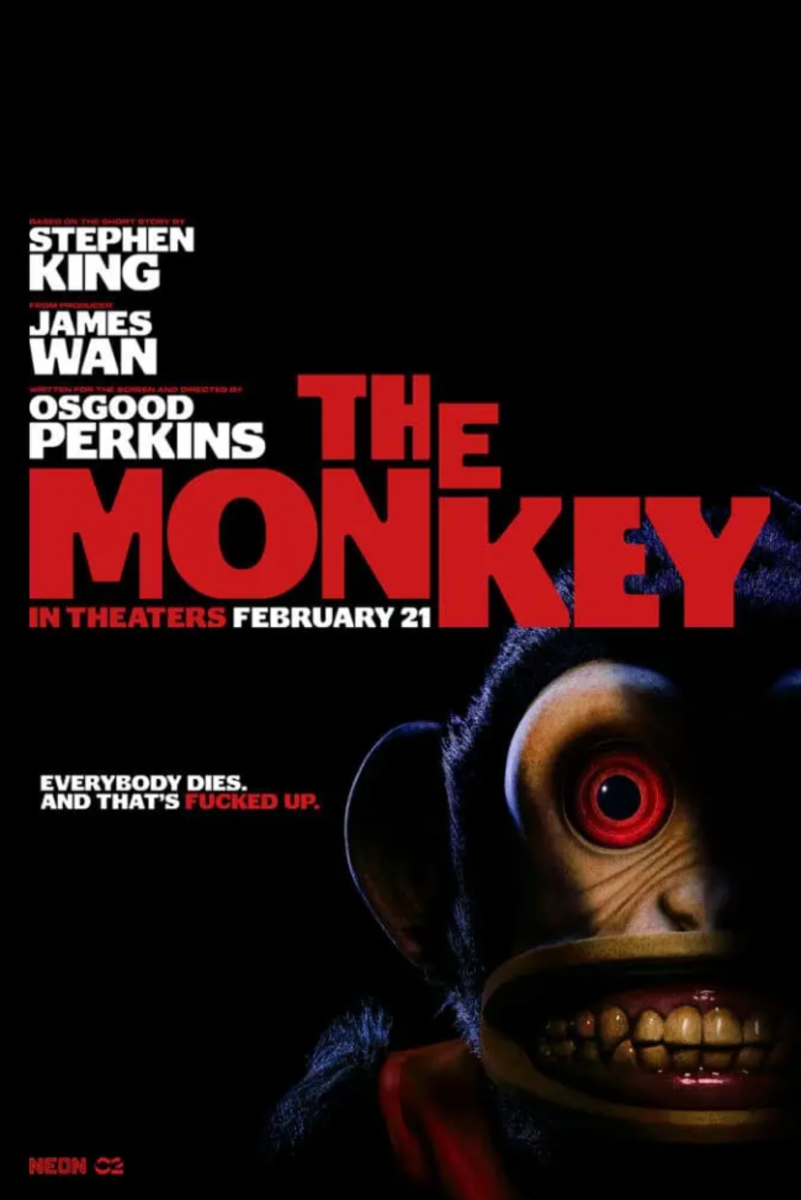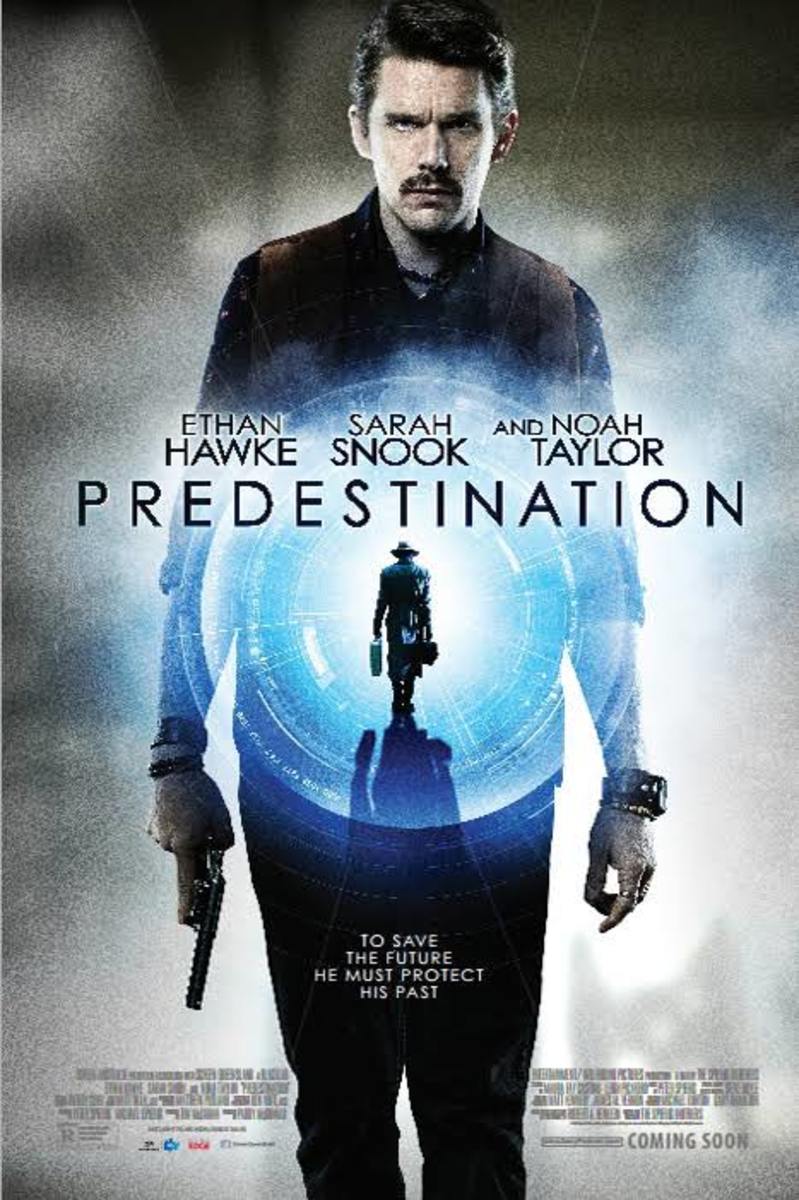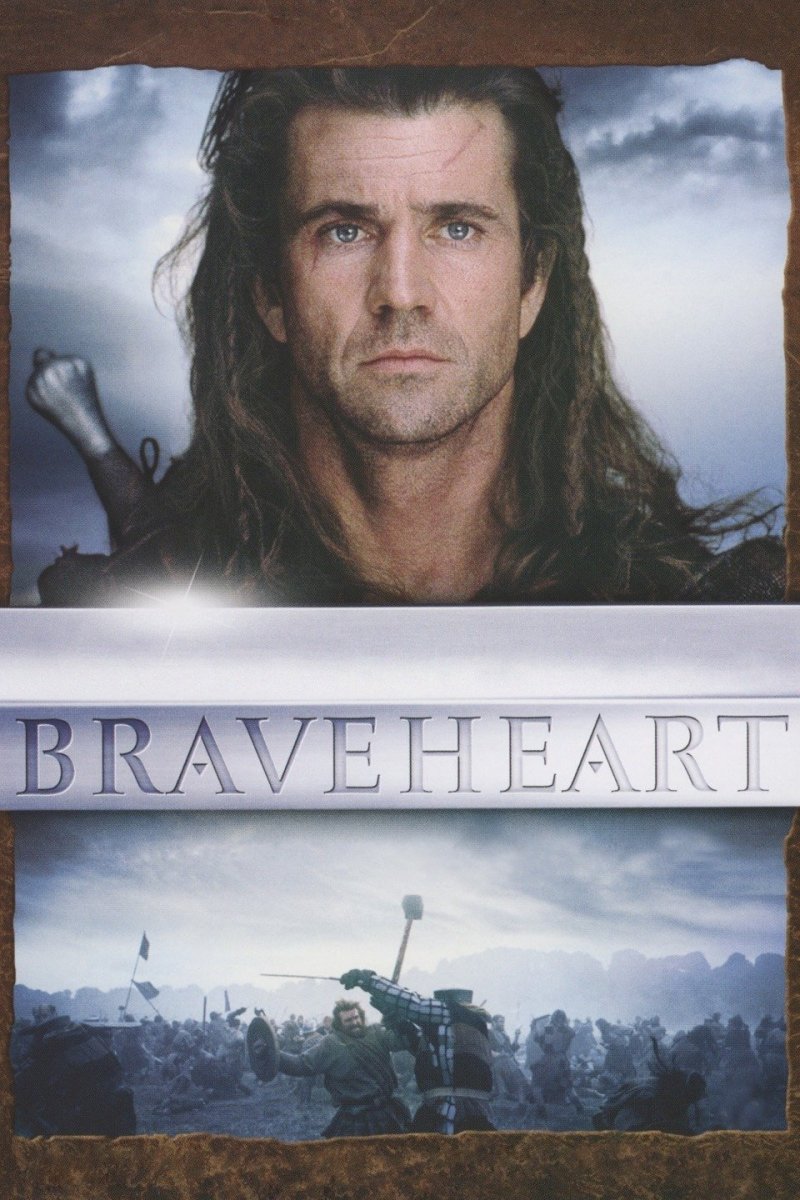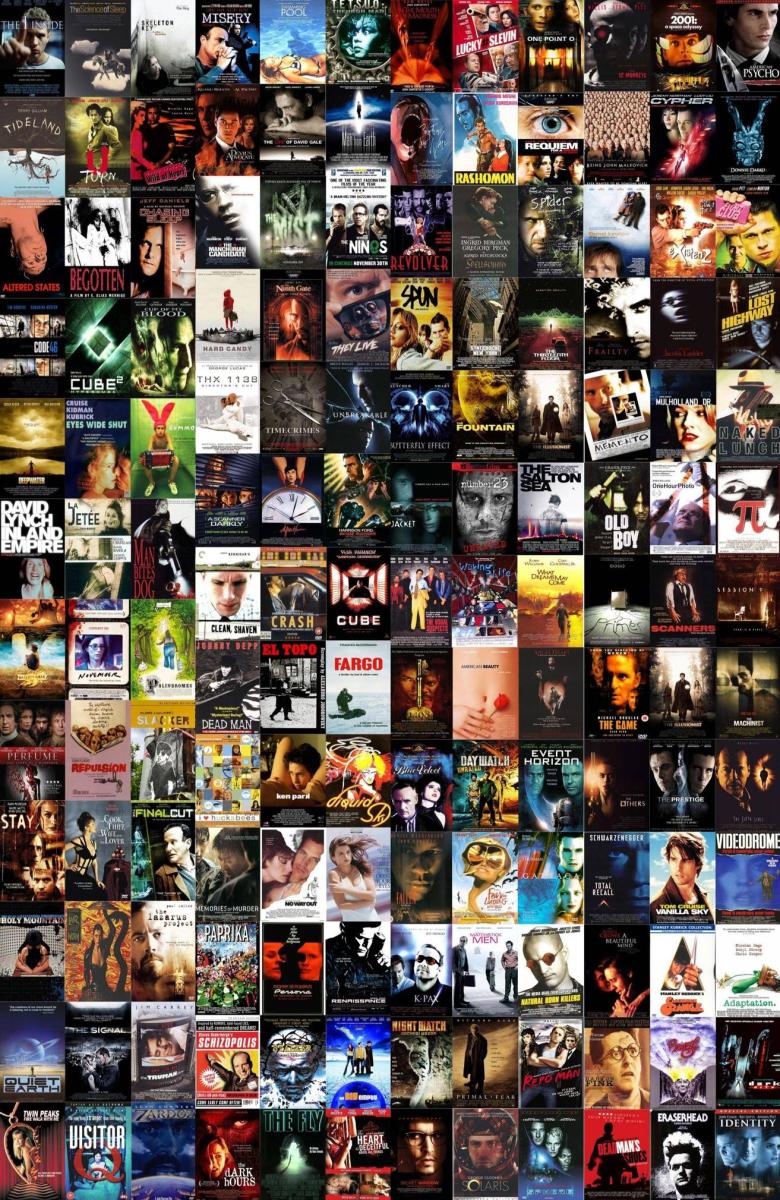Should I Watch..? 'Carrie' (1976)
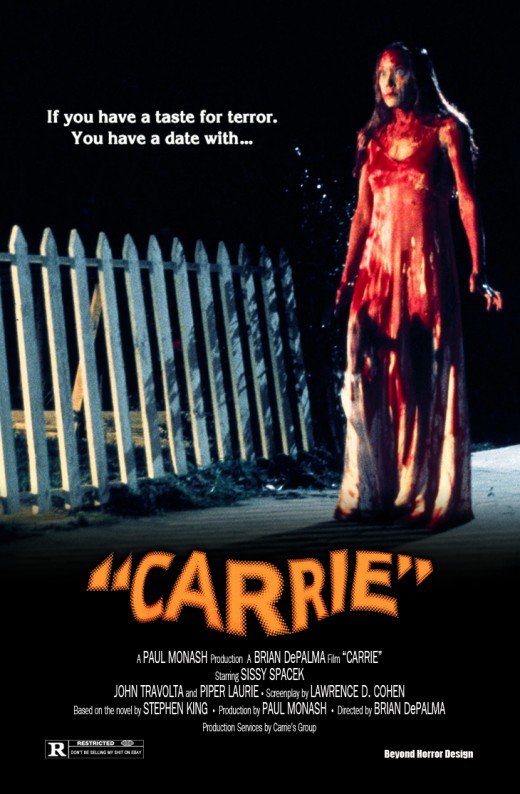
What's the big deal?
Carrie is a teen horror film released in 1976 and is the first film adaptation of a work by Stephen King. Directed by Brian De Palma, the film depicts a shy teenage girl who unleashes a terrifying revenge on her classmates after she is pushed by them too far. The film stars Sissy Spacek, Piper Laurie, Amy Irving, Nancy Allen and John Travolta. The film received a mostly positive response from critics and many fans still hail this film as the best version of the story seen to date. Audiences were also impressed, helping the film to global takings of $33.8 million although the overwhelming majority of this was taken domestically in the US. The film received two Academy Award nominations and was preserved in the National Film Registry in 2022 for its cultural, historic or aesthetic significance. It was eventually followed by a sequel - The Rage: Carrie 2 - and a remake in 2013 of the same name, neither of which matched this version in terms of critical reception.
Watchable
What's it about?
Sixteen-year-old Carrie White is not a happy student at Bates High School. She is frequently the subject of bullying by her classmates, specifically by the cruel Chris Hargensen, and shunned by the male members of her year. Things aren't much better at home as she is abused by her fanatically religious mother Margaret. When Carrie unexpectedly experiences her first period in the showers after gym class, she is mocked by the other girls until her teacher Miss Collins intervenes to break up the skirmish. Distraught, Carrie is sent home where her mother believes her period is the result of her daughter sinning and banishes Carrie to her "prayer closet" to pray for forgiveness.
As a result of the incident, Miss Collins throws the other girls into detention and threatens to revoke their invitation to the end-of-year prom if they refuse. Chris decides that she will have her vengeance on Carrie for this punishment and plots with her thuggish boyfriend Billy on the ultimate revenge. But Carrie's classmate Sue Snell is far more apologetic and arranges for her boyfriend, school athlete and heartthrob Tommy Ross, to take Carrie to the prom in order to help her overcome her fear of her classmates. But Carrie, who hides a dark and supernatural secret, is only getting pushed so far...
Trailer
What's to like?
Carrie is arguably one of the most recognisable horror films of the 1970s although on first viewing, you'd be forgiven for wondering why. It's one of the films strengths in that it lulls you into a false sense of security, feeling more akin to a teen drama before violently pivoting into one of the darkest, bloodiest third acts ever seen. The familiar tropes of teenage angst, pre-prom issues and twisted friendships could honestly fit right in to a teen comedy of the time, albeit there is little humour to be found here. It just feels so relatable, even though I'm an English guy who grew up in the Nineties rather than an American girl in the Seventies. For all her oddness, Carrie is a character I found myself identifying with - could this be because of my undiagnosed autism?
Spacek's performance is tremendous as Carrie who evolves from a scared, young girl to a confident, deadly witch before our eyes with chilling effectiveness. Opposite her, Laurie's ultra-extremist mother is the film's true monster and it's hard to watch in 2025 without thinking about similar personalities seemingly running things in the US today. But there are also some other solid performances in support - early appearances by Travolta and Allen stand out despite playing some deeply unlikeable characters. The other stars of the film are behind the camera - De Palma's direction gives the film a different and more involved feel to many films from the time, as does Mario Tosi's cinematography. It isn't a particularly long film but on this occasion, that suits the material as I'm not convinced that there is that much of a narrative here. After all, it's only in the final act that the film really kicks into gear.
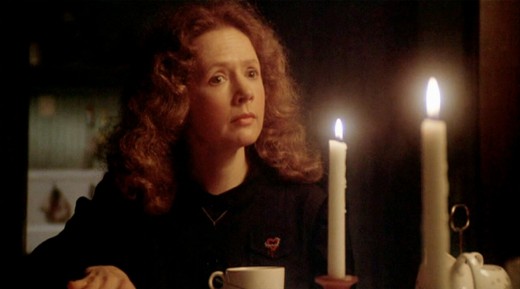
Fun Facts
- Spacek is only persuaded to audition for the film by her husband Jack Fisk who was working on the film as an art director. Among the many actresses who were considered for the role of Carrie were Linda Blair, Melanie Griffith, Kathleen Turner, Anjelica Huston, Debra Winger, Jane Seymour, Jessica Lange, Sigourney Weaver, Meryl Streep, Glenn Close, Margot Kidder, Carrie Fisher and Farrah Fawcett.
- Both the high school and the pig farm seen in the movie are called Bates, a reference to the iconic killer from Alfred Hitchcock's Psycho.
- Allen was convinced that her character, together with Travolta's, were such self-centred people that they were only in the film for comic relief - until she saw the finished project. Likewise, Laurie was convinced that her role was so over-the-top that she maintained for years that the film was actually a black comedy.
- Steven Spielberg was invited onto the set by De Palma, who told him that there were "a lot of cute girls down here". One of whom was Amy Irving, who eventually married the legendary director in 1985 although according to PJ Soles (who played Norma), Spielberg asked out almost all of them - Amy was the only one to accept.
What's not to like?
The film is certainly showing its age these days and not just due to some shonky special effects. There are several scenes in the film that are uncomfortable to watch but there is an awkward amount of physical violence on screen as characters slap each other, often for real, for seemingly any reason. Not all the cast can match the two leads - Katt's bouffant-haired jock looks a bit too silly to be believable and I can't say that Buckley's debut as concerned teacher Miss Collins wasn't hugely memorable either, unfortunately. It also goes without saying that the film misses a few scenes and plot points from the novel although the changes it does make aren't too unsavoury. Indeed, King himself praised the film's ending as being better than that in his book.
Unfortunately, the film's biggest issue is how it is the victim of its own success. Even casual film fans will be aware of Carrie's key scene, the image of Spacek stood on stage drenched in blood with a look of horror on her face. This is the point when the film comes to life, when it goes from being a teen drama to a supernatural chiller and yet, all the film's publicity gives the game away. It's like how everyone is familiar with the look of the Xenomorph from Alien and how its eventually appearance has lost some of its initial power. I found myself waiting patiently for the scene to arrive and when it does, it isn't quite as terrifying as it might have once been. Less is more, as they often say and the image of a bloodied but unbowed Carrie unleashing her powers on her unsuspecting tormentors is one that is stripped away of its surprise and impact, which is a shame. There is a lot to like here, even if you're not a huge fan of King's work. But it has suffered from overexposure over the years, something that not even modern remakes can correct.
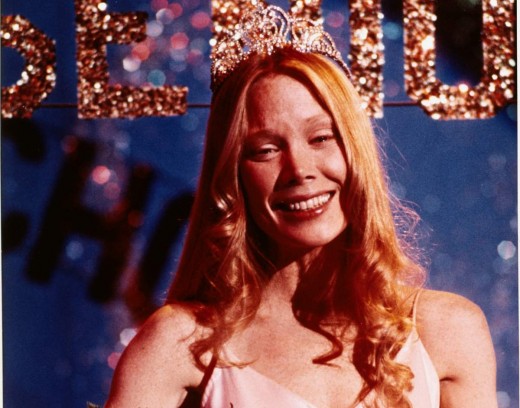
Should I watch it?
Carrie might not be as powerful as it once was but for a first attempt, it's a pretty solid interpretation that still manages to land a punch. Thanks to some electric performances from Spacek and Laurie, the film's blood-soaked climax remains one of the most shocking in cinema history and makes the film essential of fans of classic horror. But it takes its time to get into gear and is looking its age these days.
Great For: teenage loners, Laurie's career which enjoyed a huge revival after this film, King's reputation as a masterful writer of horror
Not So Great For: filmmakers developing a remake (don't bother), anyone who knows anything about this film's ending, the squeamish
What else should I watch?
Carrie was the first of over a hundred adaptations of his novels and short stories, from powerful and critically-lauded dramas like The Shawshank Redemption to bonkers black comedies that weren't so lauded like The Monkey. Among the more hailed are some truly classic films like legendary chiller The Shining, timeless coming-of-age drama Stand By Me, iconic horror two-parter It and dystopian action thriller The Running Man which is one of Arnold Schwarzenegger's more popular early efforts. However, there are plenty of other King films which are painful to watch and not in a good way. There hasn't been a single decent film in the Children Of The Corn series despite eleven attempts (yes, 11!) and the less said about the likes of Graveyard Shift and King's sole directorial effort Maximum Overdrive, the better.
This film proved so successful that it sparked a wave of films that dealt with telekinesis, the mental ability to manipulate objects demonstrated by Carrie. Within a few years, this film was followed by the likes of The Fury (who coincidentally starred Irving), Scanners, another King adaptation Firestarter starring a young Drew Barrymore, Ruby (coincidentally starring Laurie, who had retired before Carrie) and yet another King adaptation, The Dead Zone. These days, with cinemas flooded with superheroes demonstrating powers of every description, it feels almost quaint to see it in a movie as though the filmmakers were doing it because it was cheap to show compared to fireballs and lightning bolts. To paraphrase Syndrome in The Incredibles, if everyone is super then nobody is.
Main Cast
Actor
| Role
|
|---|---|
Sissy Spacek
| Carrie White
|
Amy Irving
| Sue Snell
|
Nancy Allen
| Chris Hargensen
|
William Katt
| Tommy Ross
|
John Travolta
| Billy Nolan
|
Betty Buckley
| Miss Collins
|
Piper Laurie
| Margaret White
|
Technical Info
Director
| Brian De Palma
|
|---|---|
Screenplay
| Laurence D. Cohen*
|
Running Time
| 98 minutes
|
Release Date (UK)
| 13th January, 1977
|
Rating
| 15 (2024 re-rating)
|
Genre
| Horror
|
Academy Award Nominations
| Best Actress (Spacek), Best Supporting Actress (Laurie)
|
*based on the novel by Stephen King
© 2025 Benjamin Cox

